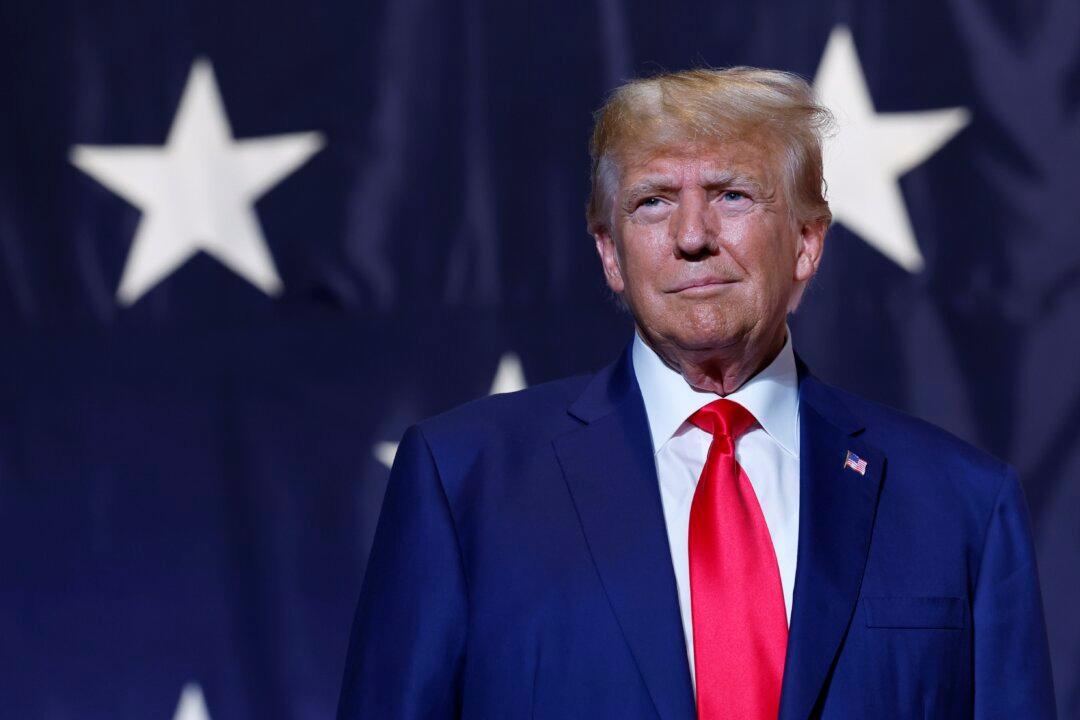After a lengthy review, a Department of Justice watchdog has found that President Donald Trump didn’t improperly influence the FBI’s decision to keep its headquarters in downtown Washington rather than move it to suburban locations in Maryland or Virginia.
“With regard to possible influence by then-President Trump or the White House, we found no evidence that the FBI’s decisions were based on improper considerations or motives,” the Justice Department inspector general wrote in a report released on Oct. 24, after a four-year investigation.





